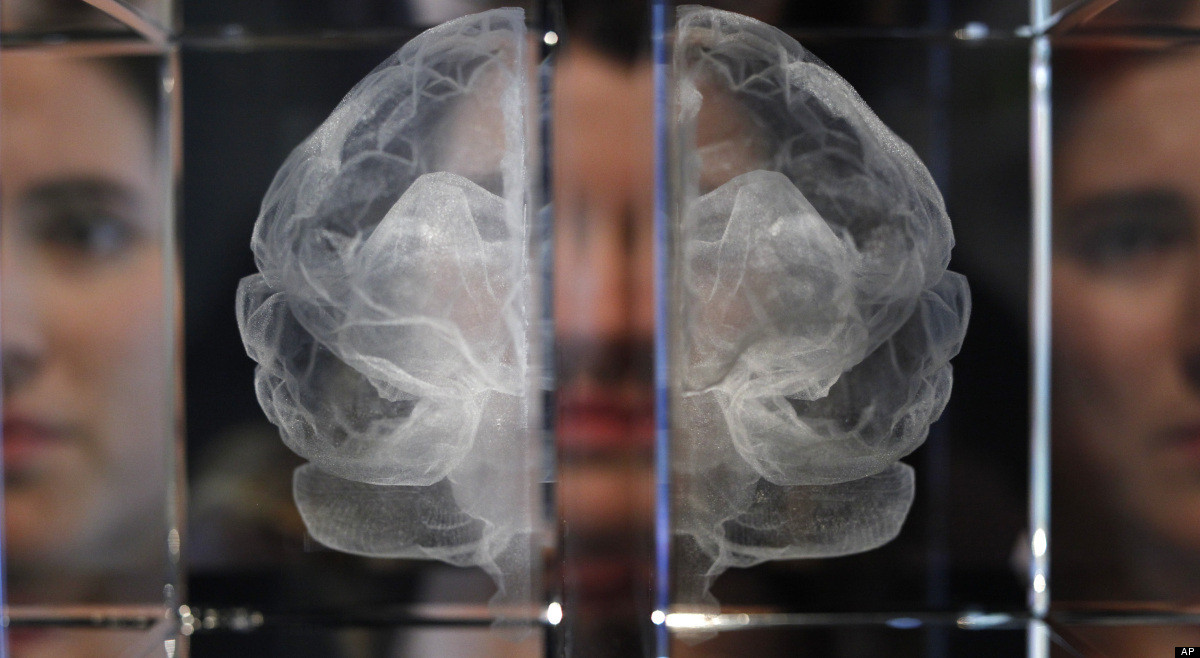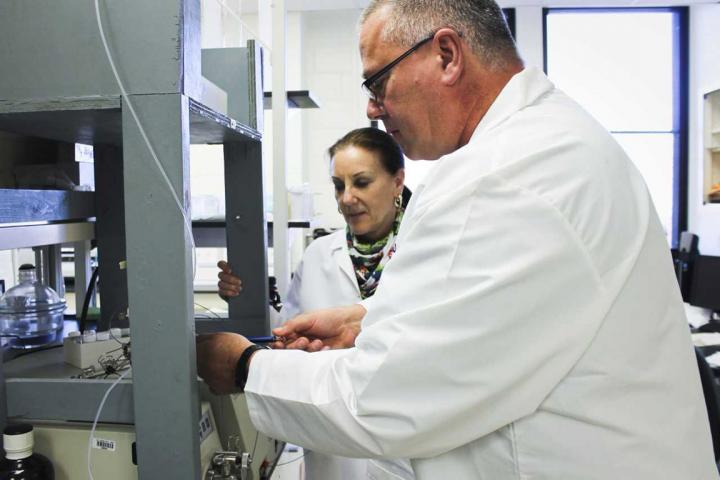Theodore Berger of the University of Southern California is developing a prosthesis to restore memory, by replacing a circuit in the brain’s hippocampus. Berger described the device at the Global Future 2045 International Congress, held here June 15-16. Already successful in rats and monkeys, the prosthesis is now being tested in humans.
The hippocampus, a brain structure tucked deep in the brain’s temporal lobe, converts short-term memories to long-term ones. Epilepsy or other neurological disorders can damage the hippocampus, preventing a person from retaining new memories.
The device Berger and his colleagues are developing could replace parts of a damaged hippocampus, and even enhance an intact one. A tiny chip of electrodes implanted in the hippocampus records signals representing a short-term memory; the signals are sent to a computer that mathematically transforms them into a long-term memory; and signals representing the long-term memory are sent to a second set of electrodes that stimulates another layer of the hippocampus.
The point of the device is not to identify individual memories, but to learn how they are transformed into long-term memory. “It’s like learning rules for translation,” Berger said, adding that the memories are like words, and the mathematical transformation is like a translator.
Berger’s team tested the device in rats trained in a simple memory task. Each rat (with the prosthesis) was placed in a chamber with two levers. First, the lever on just one side was presented, and the rat would push it. After a short waiting period, the levers on both sides would appear, and if the rat pushed the opposite lever from the one it pushed before, the rat got a sip of water. Performing the task successfully required the rat to remember which lever it pushed originally.
To test their memory prosthesis, the researchers injected some of these rats with a drug that impaired the rats’ natural memory function, and tested the animals in the lever experiment. The rats were still able to push the correct lever to receive their drink, suggesting they were able to form new memories. In other words, the rats’ brain implant was remembering for them.
Read more: http://www.livescience.com/37582-prosthetic-device-could-restore-memory.html#ixzz2Xde9CwqU





